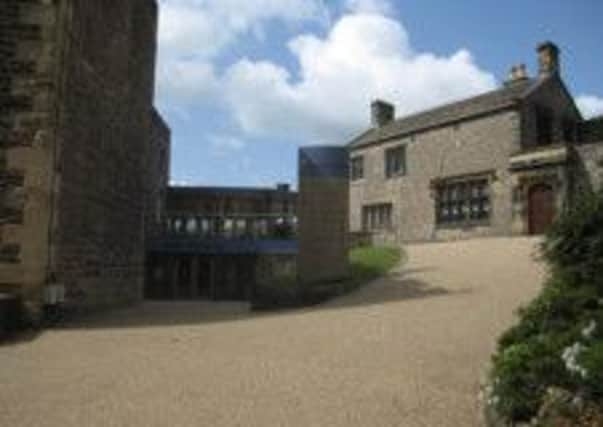North West Sound Archive to close


Set up in 1979, and moved to Clitheroe Castle in 1982, the NWSA contains 140,000 to 150,000 recordings which have captured the history, language, music, sounds and dialect of the North West.
A spokesman for the NWSA said: “It is with great regret that, owing to financial circumstances, the North West Sound Archive is no longer able to continue as a going concern.”
Advertisement
Hide AdAdvertisement
Hide AdThe NWSA Council made the decision to wind up the organisation which will close in early 2015.
“In doing so, the council recognised the importance of ensuring where possible, that recordings held at the archive are preserved for future generations. Arrangements are being made to transfer the collections to the appropriate local authority archive service where they will be preserved in controlled climatic conditions and hopefully will, in due course be made available for access by the public.
“The NWSA regretfully will no longer be able to provide training or a copying or listening service but will be available in the interim period to offer advice.”
A total of 58% of the NWSA’s holdings, more than 80,000 recordings occupying about 1,000m of shelving, relate to Greater Manchester and 60% of its work takes place in the Greater Manchester area or supports groups working in that area.
Advertisement
Hide AdAdvertisement
Hide AdThere are approximately 10,000 digital recordings with an average length of 60 minutes. The majority of these are on mini disc (50%) with the remaining on CD (20%) or digital audio tape (30%).
County Coun. Marcus Johnstone, cabinet member for environment, planning and cultural services, said: “Of course it’s sad to see the archive leave Clitheroe after so many years, but at the same time it presents an opportunity to continue to develop the sound collections in the areas they’re related to.
“The recordings will complement the existing collections in their new homes in Liverpool, Manchester and Preston archives, and in many respects will be more accessible than they are at the moment.
“It’s also very reassuring to know that these archives have the ideal conditions for storing and caring for the recordings to make sure they are preserved for future generations to enjoy.”